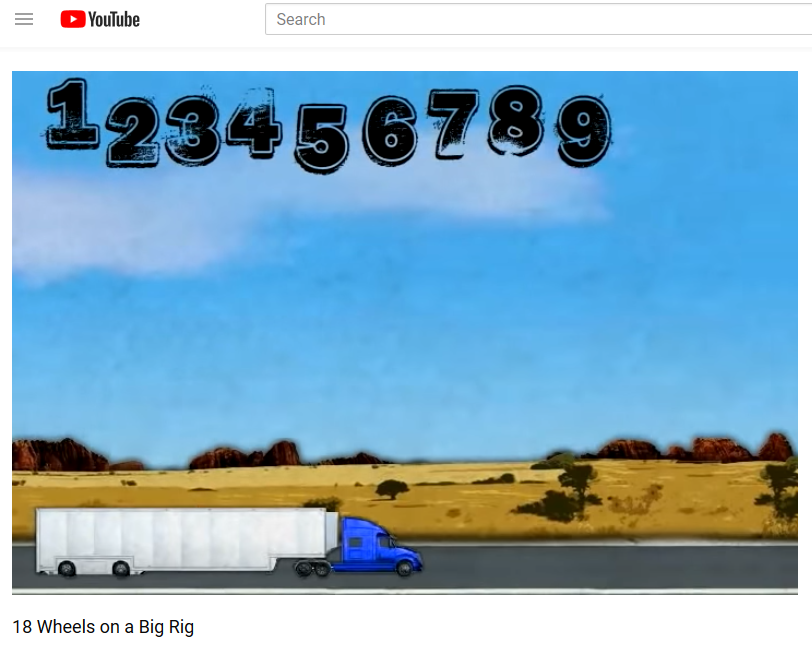Your cart is currently empty!

AI, Article 13, and Copyright Rules
A few years ago, our graphic artist alerted us that someone was using a logo he had created for a client of ours. The infringer had made a small change and they were using it as their Facebook logo. It was a clear case of copyright violation.
We reported them to Facebook. Facebook’s response was essentially, “Why do you care? They only have 37 likes.”
We believe in copyright laws. I taught College English for decades and spent a fair amount of time discussing plagiarism and copyright violations. Using someone else’s words or images without credit or compensation is stealing. It’s a moral issue, right? Legally, no. Copyright holders have to prove that the copyright infringer has harmed them in some way. This is usually not a cost-effective undertaking. This reality creates a lot of frustration for copyright holders.
But there’s also frustration on the other side. People who want to be able to share remixes, memes, and other creations are frustrated that old print-oriented ideas about copyright aren’t keeping pace with the way we use the web nowadays. Sharing videos, reposting articles for discussion, and embedding infographics are all honest actions that weren’t possible with books and magazines but are appropriate for the web. One of the issues is that automatic systems can’t distinguish the nuances of crowdsourced content from straight up stealing.
WordPress has been speaking up against stricter copyright laws in the EU, specifically because of the ways in which the proposed changes could affect ordinary website owners. The controversy comes down to this: Is it reasonable to demand that publishers provide automatic copyright protection? Share on X
If it’s a law in the EU, does that affect American publishers?
In a word, yes. When the EU changed their privacy rules, small business owners and publishers in America discovered that those new rules affected us. Those of us who have traffic from the EU have to follow the rules affecting those visitors, even though we’re not in the EU.
European rules also can spread. When the EU adopted new rules about chemicals in packaged goods, American producers of cosmetics and similar products had a simple choice. They could stay out of that market, or they could follow the rules. In many cases, it made sense to implement those new rules for all their products, rather than to produce two sets of goods: one for the EU and another, possibly less safe, set for the USA. Manufacturers got a PR boost for producing safer products while keeping their goods available to the European market.
Online publishers don’t realistically have the option of staying out of the European market. When we checked analytics for our clients and our own websites, we found that most of us had meaningful traffic from the EU. Blocking that traffic is more complex than following the new privacy rules.
The United States is also toying with the idea of changing privacy rules. There’s some peer pressure going on. The same thing could happen with copyright rules.
How does AI come into it?
The two sections that are most contentious are Article 11, the “link tax,” and Article 13, which makes publishers liable for copyright violations in crowdsourced material.
What does this mean in real life? Consider YouTube, where 300 hours of video are uploaded by users every minute. It is impossible for human beings to check all those videos for copyright violation and whisk them away before they’re seen. So some sort of automatic filtering would have to be used. Whatever the filter decided was a copyright violation would not be uploaded.
For your company website, the amount of crowdsourced material might be small enough that your human team can handle it. However, Article 13 doesn’t say you must remove material that violates copyright. That’s already the right thing to do.
Article 13 says you must prevent the publication of materials that violate copyright. You can do this by proactively monitoring content. If crowdsourced content is a big part of your strategy, however, you may find yourself needing to use automatic systems.
This could also be an issue if you pull in RSS feeds or feeds from social media. It could even be an issue for your social media.
WordPress shared their experience with automatic copyright-policing programs. It wasn’t pretty. Copybuzz points out a lot more technical (and logical) issues. YouTube’s CEO has sensible things to say on unintended consequences.
What’s the law?
The European Union Directive on Copyright in the Digital Single Market is the law in question. A vote on the final wording is expected in January, 2019, and then member countries have two years to work out the details in their individual countries.
We had another copyright experience. We paid an artist to create a little animated video of a kids’ song, after requesting and getting permission from both the songwriter and the performers of the song. A year or more later, the songwriter complained to YouTube. We forwarded the email giving us permission, but YouTube still counted this as a copyright violation on our part.
We were clearly not in the wrong, and there were clearly human beings involved in this. This experience, as well as our Facebook experience, convince me that it’s hard to manage copyright issues even when you don’t use automatic systems. I think the folks working on the Directive are seriously underestimating the problems they’re likely to face
Interestingly, someone else uploaded our video at YouTube and it is publicly available, though the individuals involved in creating it are not credited.
Here it is for your enjoyment:
by
Tags:

Leave a Reply